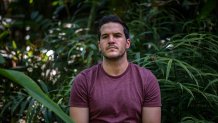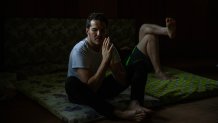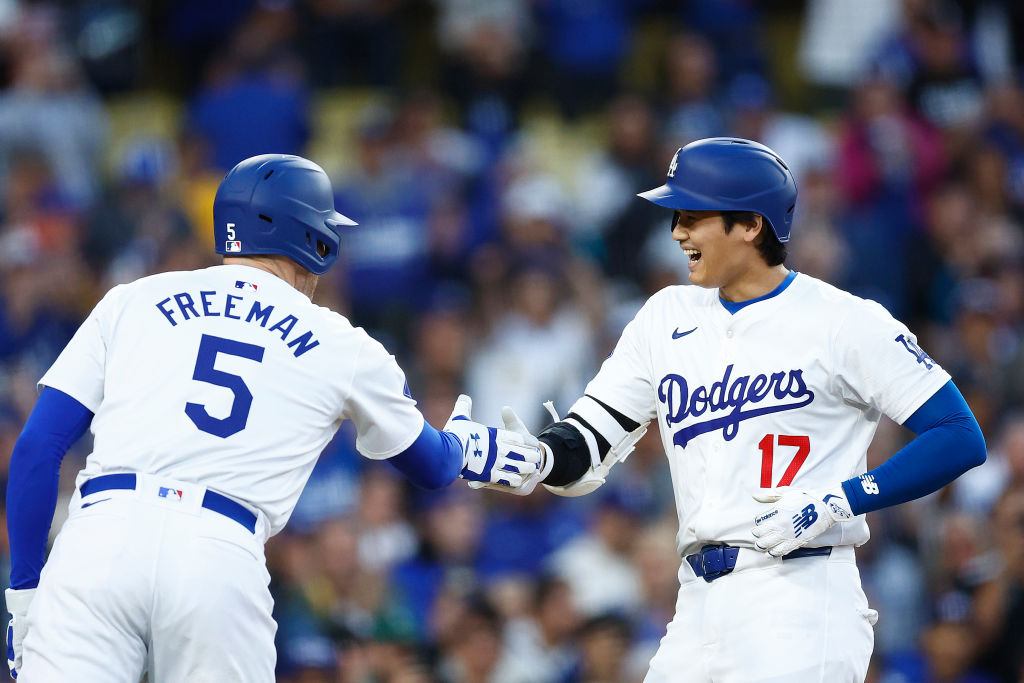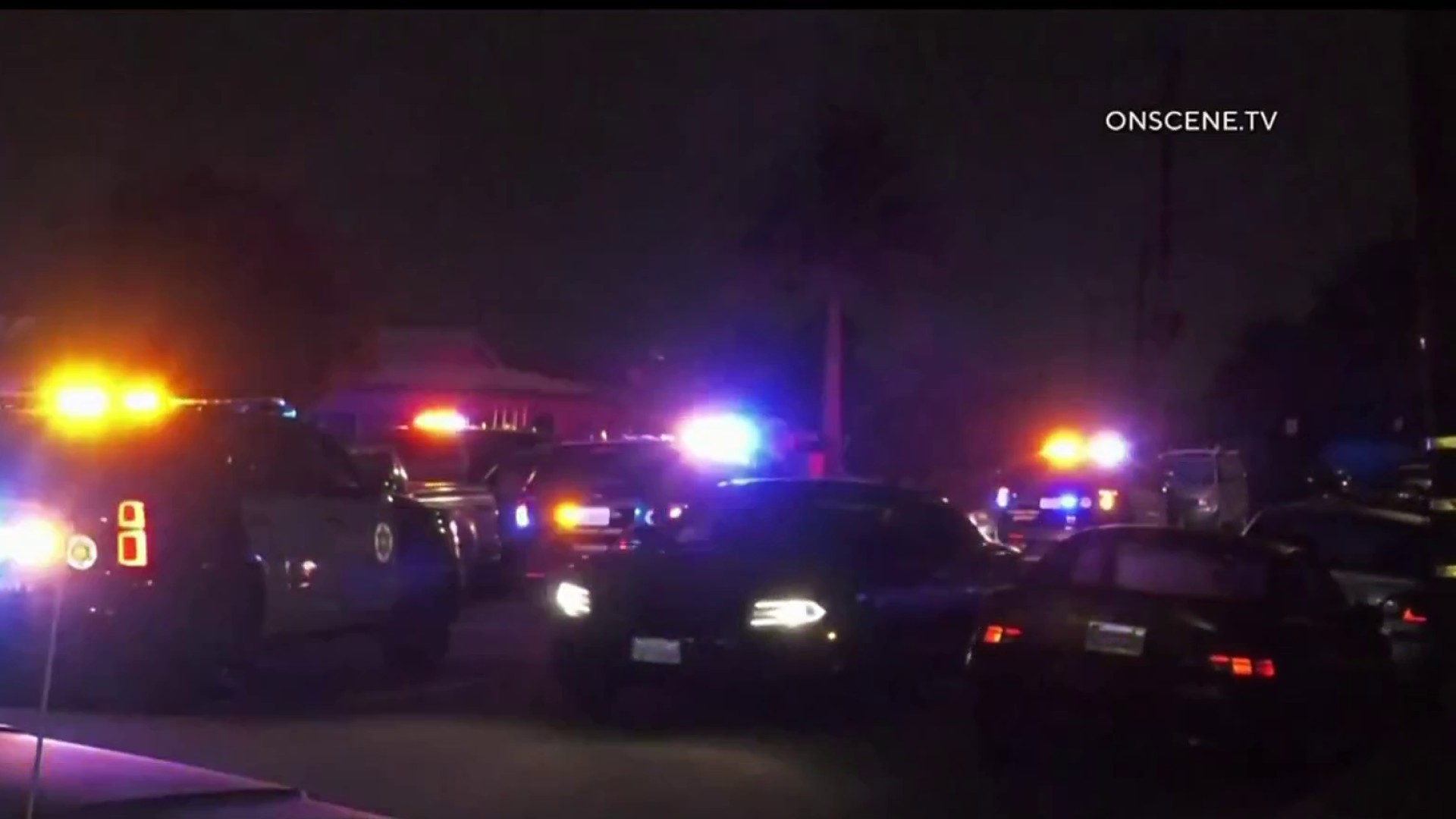Jesse Gould is not the longhaired, barefoot, peace sign-wielding hippie most people think of when they imagine an advocate of psychedelics.
He is a former Army Ranger who did three combat deployments in Afghanistan, and after his time in the military, he found a career in investment banking. Gould seemed like he was succeeding, but he said that he was suffering from anxiety, depression and substance abuse.
Though hallucinogenic substances can have health risks, Gould said he was only able to turn his life around with the help of therapeutic psychedelic treatment.
Now, as the founder and president of a nonprofit that connects veterans suffering from PTSD with safe and supervised psychedelic programs, Gould is amplifying veteran voices by sponsoring a California bill that would decriminalize certain hallucinogenic substances.
Get Southern California news, weather forecasts and entertainment stories to your inbox. Sign up for NBC LA newsletters.
Throughout the country, some local and state legislators have loosened restrictions on specific psychedelics. This list includes cities such as Washington, D.C., San Francisco, and Detroit, and states like Oregon, Colorado, Texas, and New Jersey.
Much of the growing bipartisan support for new legislation around psychedelics has come from veterans, like Gould, who attended psychedelic retreats abroad to treat their PTSD, depression, anxiety, or substance abuse.
“We're sending this nation's veterans to another country to get life-saving care,” Gould said, “That should be an embarrassment to anybody that hears that.”

About S.B. 58
Local
Get Los Angeles's latest local news on crime, entertainment, weather, schools, COVID, cost of living and more. Here's your go-to source for today's LA news.
S.B. 58 “Controlled substances: decriminalization of certain hallucinogenic substances,” would let people 21 or older possess substances such as psilocybin, psilocyn, dimethyltryptamine (DMT), mescaline (excluding peyote), and ibogaine.
In February 2021, District 11 Sen. Scott Weiner proposed an earlier version of the bill, S.B. 519 “Controlled substances: study of decriminalization of certain hallucinogenic substances,” after learning about the benefits psychedelics can have.
“I have friends who have a teenage son who got addicted to heroin, and psychedelic therapy helped him stay sober for eight years,” Weiner said.
Though S.B. 519 was approved by multiple committees in the Senate and Assembly, it died after becoming inactive. A newer version of the bill, S.B. 58, was introduced in December and was approved by the Assembly Health Committee on July 11.
“Criminalizing people for using drugs just isn't effective,” Weiner said, adding that psychedelics can help “people who have not had success with traditional treatment for mental health or addiction problems.”
Weiner highlighted that “there are both Democrats and Republicans around the country who are more and more open-minded about this.” He hopes that in the future, there will be a more formalized system of therapy and treatment using psychedelics in the state.

Veterans and psychedelics
Gould said that his poor mental health had consumed his life.
“On the outside, I was doing well, but on the inside, it was just complete turmoil, depression, dissatisfaction with where I was at in life,” he said.
“As my life continued to go downhill, I got to that point of ‘Why not? What do I have to lose?’ and so I ventured to Peru,” where he participated in four traditional Ayahuasca ceremonies.
Ayahuasca is a plant-based beverage that has hallucinogenic properties. It is used by people indigenous to South America to promote physical, mental and spiritual healing.
At the end of his trip, he “walked away with a new understanding and respect for the substances, my own issues, and the potential of these types of medicines and therapies,” he said.
Gould added that he “had already lost double-digit friends to suicide from the military,” and felt that other people could benefit from psychedelics in the way he did.
He started Heroic Hearts Project in the spring of 2017, and the organization has since helped more than 600 veterans across the country.
In support of S.B. 58, the organization is encouraging first responders, veterans, and their families to educate the public, speak with representatives, and share their own stories highlighting “the absolute need” for this kind of treatment, Gould said.

Misconceptions about psychedelics
Gould said that most people think of hippies or eggs on frying pans when they think of psychedelics, adding that the war on drugs is responsible for a lot of people’s misconceptions about hallucinogenic substances.
Charles Grob, M.D., is a Professor of Psychiatry & Biobehavioral Sciences and Pediatrics at UCLA. He has been researching the effects psychedelic substances— such as MDMA, ayahuasca, and psilocybin— have had on people since the 1990s.
“The war on drugs has been a colossal failure,” he said, and it was used to “identify certain undesirable groups, whether that be on a racial basis or a political basis,” and further marginalize those people.
Though public perceptions of these substances are changing, Grob warned that funding should go to educating people about how to safely use psychedelics.
“I think there's growing appreciation that their therapeutic potential may have been inappropriately overlooked for extensive periods of time, even to the point of not allowing human research really from the late 60s, early 70s,” Grob said.
He has noticed more studies on the therapeutic benefits of psychedelics in recent years, and he said that he has seen “a lot of excitement” from the public. Grob and Gould separately noted that the book “How to Change Your Mind” by author and journalist Michael Pollan, has been especially influential in shifting the public’s perspective on psychedelics.

Are psychedelics actually effective in therapy? What risks do they have?
Psychedelics have the potential to help with anxiety and addictive disorders, such as alcohol abuse which has been “one of the notoriously difficult to treat conditions,” Grob said.
Some current treatment options are “not the right fit for everybody,” and under ideal conditions, psychedelics can “facilitate powerful psycho-spiritual experiences” that can result in a “positive, long-term therapeutic outcome,” he said.
Ideal conditions can be achieved by screening individuals prior to treatment to understand their potential risks and by ensuring that psychedelics are used in a safe setting, he said.
Grob explained that psychedelics may pose a risk for people with heart problems or who have a history of bipolar disorder or schizophrenia. He added that hallucinogenic substances “do not mix well with alcohol and many other substances.”
Psychedelics have the potential to cause psychotic episodes, he said, but usually, the people who experience such things “had tremendous levels of vulnerability to begin with, either in the form of prior psychotic episodes, or prior episodes of mania, or even a first-degree family member who has a history of very severe mental illness,” making screening important.
“I don't think there have been sufficient basic safety studies because there have been so many years lost when no human research was permitted” during the war on drugs, he said.
Heroic Hearts Project is sponsoring S.B. 58 because the bill can help shift people’s views on psychedelics, increase research on the impact of these substances, and potentially allow for community access in the future, said Gould.
“The veteran voice has led this to be a very bipartisan issue because I think both parties know that this nation's veterans have been underserved and deserve much more,” Gould said.



